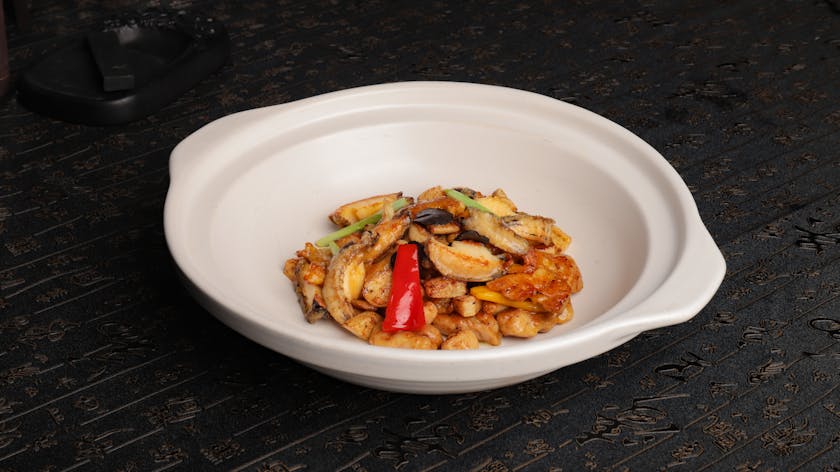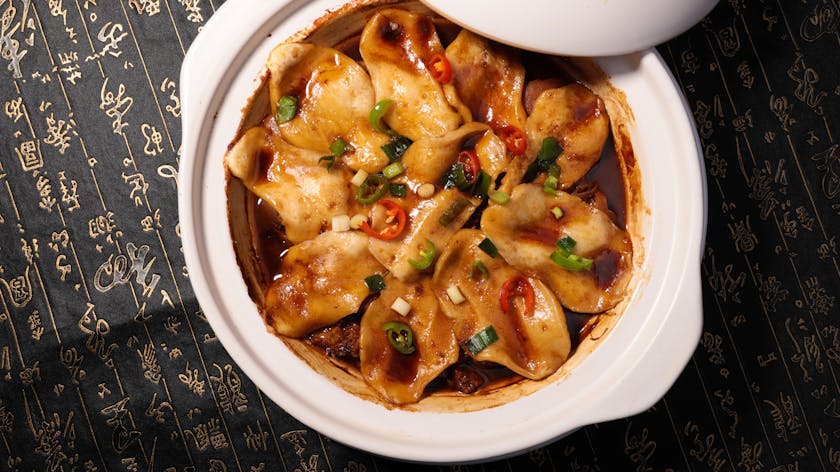When considering emergency preparedness, bulk meal storage plays an essential role in ensuring your family’s safety and peace of mind. The notion of having a substantial stockpile of food can be daunting, but with the right approach, it can be a manageable and even empowering task. Here’s how to effectively store meals in bulk for any emergency situation.
Understanding the Basics of Bulk Meal Storage
Before you begin purchasing or packaging food, it’s critical to understand the fundamentals of bulk meal storage. The primary goal is to have a variety of non-perishable foods that have a long shelf-life and require minimal preparation. Grains, beans, canned goods, and freeze-dried meals are staples in many emergency food pantries.
Selecting the Right Containers
The containers you choose to store your bulk meals in can make a significant difference in the longevity and quality of your food. Opt for airtight, waterproof, and rodent-proof options. Food-grade buckets with gamma lids, Mylar bags with oxygen absorbers, and vacuum-sealed containers are excellent choices.
When labeling your containers, include not only the content but also the packaging date. This will help you rotate your stock and use the oldest items first.
Choosing a Suitable Storage Location
The location of your bulk meal storage is as important as the food itself. A cool, dark, and dry area such as a basement or a dedicated pantry is ideal. Avoid areas where temperatures fluctuate or where there is exposure to sunlight, as this can degrade the food quality over time.
Stockpiling a Variety of Foods
Diversity in your food storage ensures balanced nutrition and helps prevent palate fatigue. Include a range of:
- Grains: rice, wheat, oats, and pasta
- Proteins: beans, lentils, canned meats, and nuts
- Fruits and Vegetables: canned or dehydrated options
- Dairy: powdered milk and shelf-stable alternatives
- Sugars: honey, syrups, and sugar
Implementing a Rotation System
A first-in, first-out (FIFO) rotation system is crucial to maintaining a fresh and usable bulk food stockpile. Organize your storage area so that older items are in front and easily accessible.
Maintaining Your Bulk Meal Stockpile
Regular checks are necessary to ensure your emergency food remains safe to eat. Inspect packages for any signs of damage or spoilage, and remember to replace used items promptly.
Practical Tips for Long-Term Storage
Beyond choosing the right containers and food items, consider these tips:
- Use desiccants to control moisture in your storage containers.
- Keep a detailed inventory list with expiration dates.
- Invest in a vacuum sealer to prolong the shelf-life of dry goods.
- Store herbs and spices to enhance the taste of your stored food.
Preparing Bulk Meals for Emergencies
Having bulk ingredients is one thing, but preparing meals that are ready to eat or require minimal preparation can save time and stress during an emergency. Pre-packaged meals, MREs (Meals Ready to Eat), and home-prepared meal kits can all play a part in your emergency food strategy.
Creating Your Own Meal Kits
You can create meal kits by combining various ingredients into single servings. For example, a soup kit might contain dehydrated vegetables, a bouillon cube, and pre-measured grains. These kits can be vacuum-sealed and stored alongside your bulk items.
Utilizing Freeze-Dried and Dehydrated Foods
Freeze-dried and dehydrated foods are incredibly space-efficient and lightweight, making them ideal for emergency preparedness. They can last for years and are available in a variety of options, from fruits and vegetables to complete entrees.
Regularly Updating Your Emergency Meal Plan
As with any aspect of emergency preparedness, your bulk meal storage plan should be reviewed and updated regularly. Consider any dietary changes, preferences, or increased storage capabilities.
By following these guidelines, you can establish a robust bulk meal storage system that will serve you well in any emergency. Remember, the key to successful emergency preparedness is starting before the need arises.




